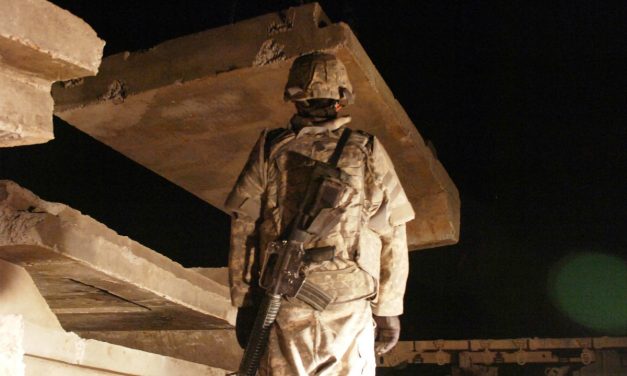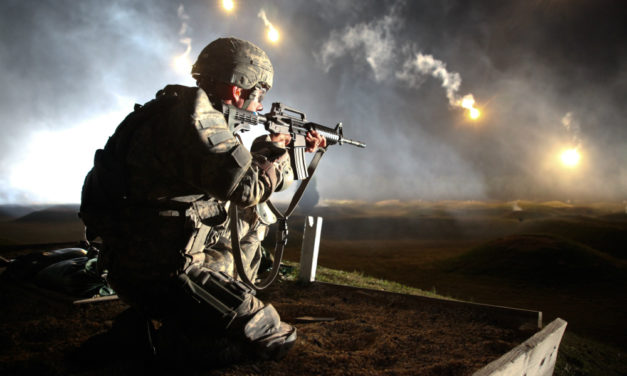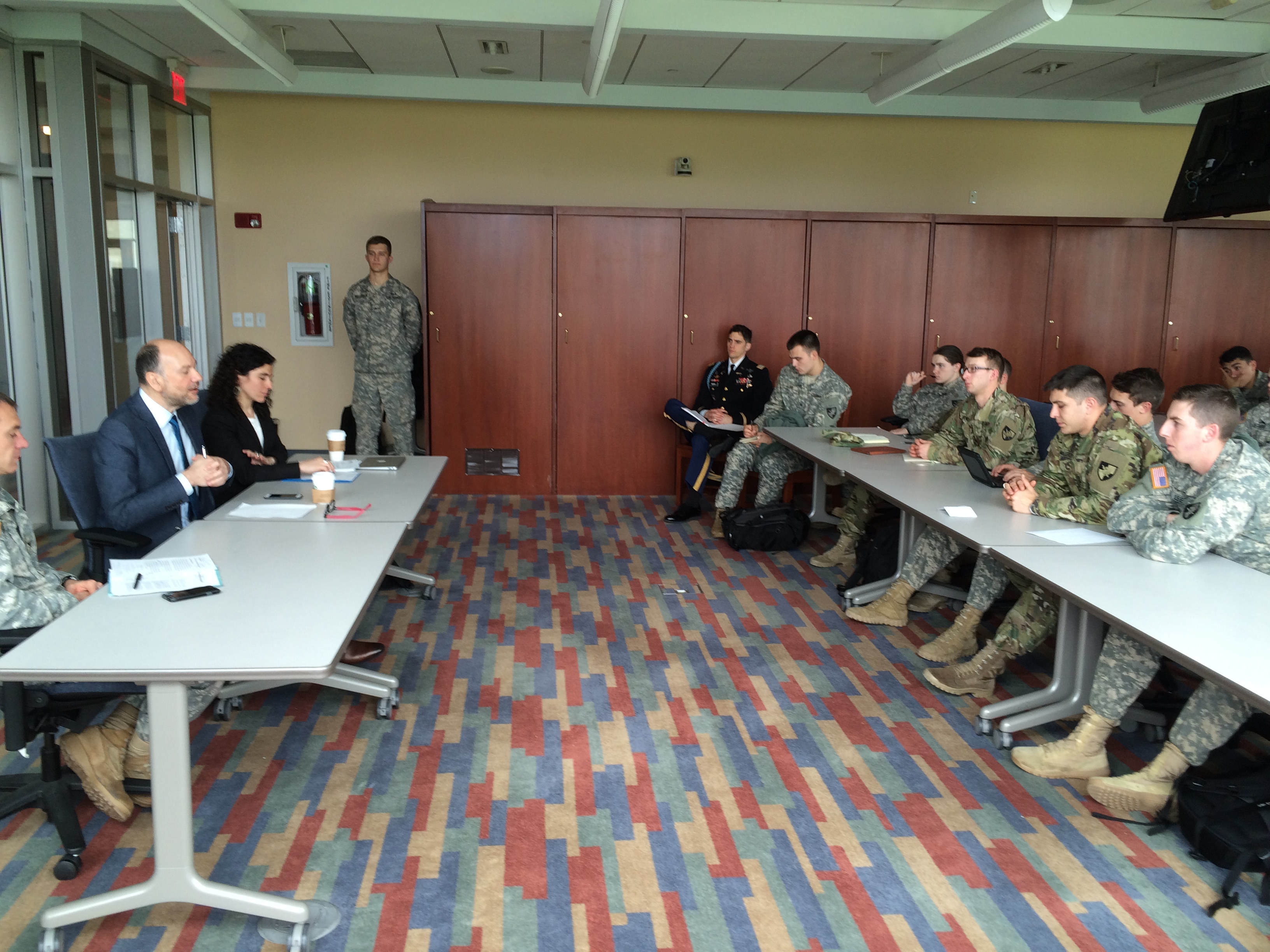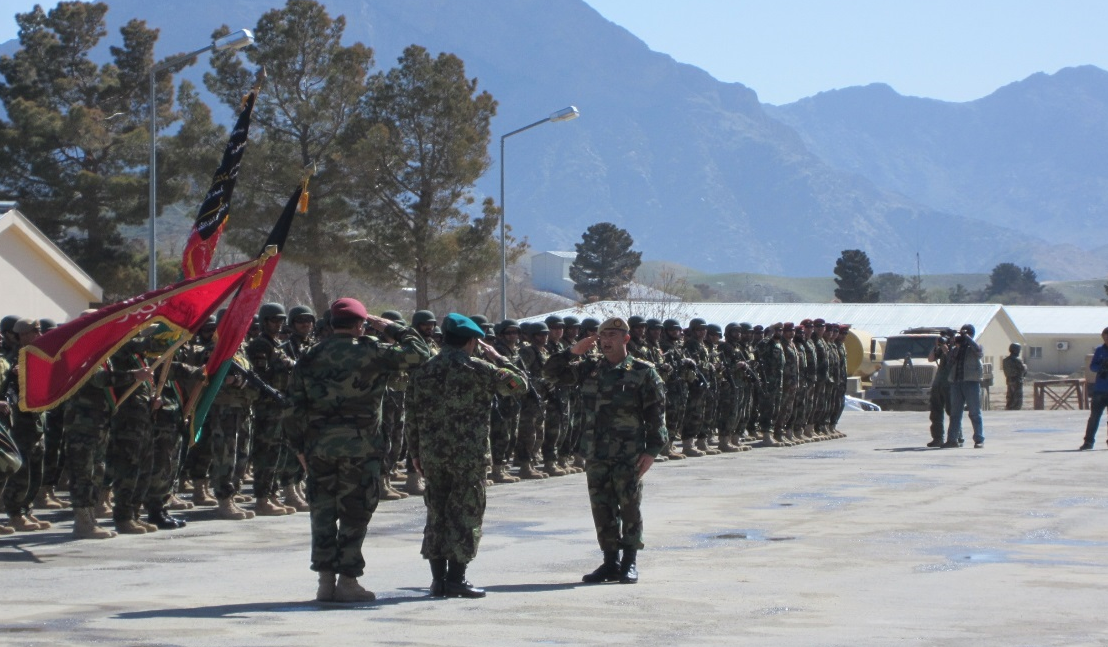How Modern Siege Warfare is Changing Counterinsurgency
In this piece for Foreign Affairs, MWI’s Maj. Mike Jackson, Dr. Lionel Beehner, and Dr. Benedetta Berti examine modern-day siege warfare in urban environments, and how it impacts counterinsurgency operations.
Read More





